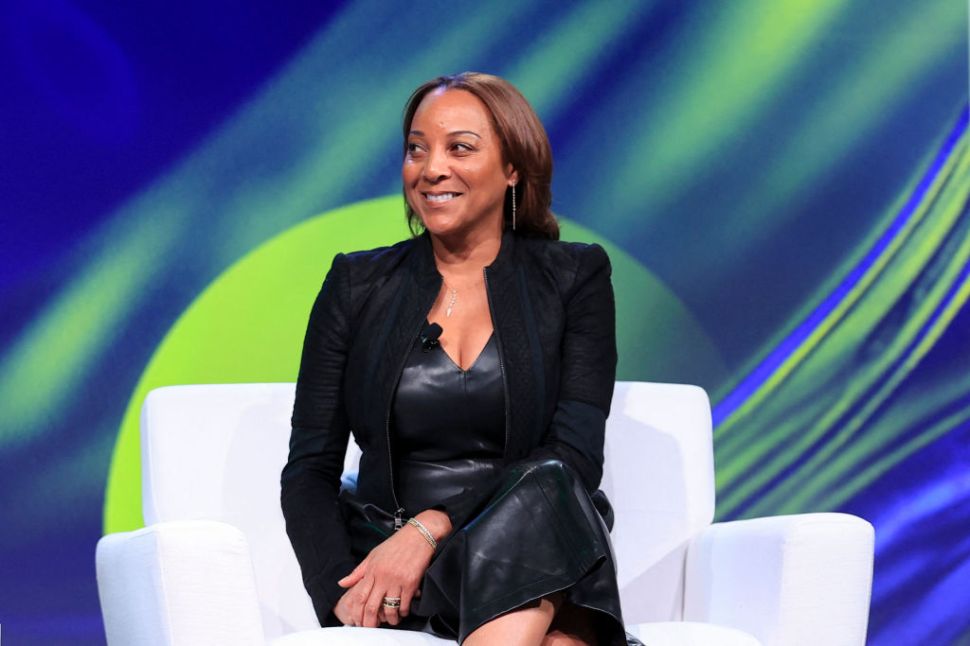During Tesla (TSLA)’s most recently earnings call last October, CEO Elon Musk said there should be federal-level regulations for autonomous driving vehicles. “It’s incredibly painful to do it state by state for 50 states,” he said. Now that he has been appointed as a co-leader of the incoming Trump administration’s Department of Government Efficiency (DOGE), that vision could take shape fast and benefit companies like Waymo, which operates driverless robotaxis in three U.S. cities and looks to expand.
During a fireside chat at the 2025 CES in Las Vegas this week, Waymo co-CEO Tekedra Mawakana said the race of self-driving vehicles has “matured” since Trump’s first presidential term. As the U.S. faces stiffer competition to build the autonomous driving technologies from Chinese and German automakers, the Trump administration’s interest in promoting the industry with laxer rules could be just what the nation needs to stay on top.
“This is a real opportunity for U.S. leadership, and so enabling safe sustainable transportation that is autonomous is very aligned with what I think this administration will want to do,” Mawakana said during her private CES talk, first reported by AFP.
But for the regulations to push self-driving vehicles forward, safety must be prioritized, the co-CEO said. She hopes that the Trump administration puts risk mitigation at the forefront of its proposed national regulatory framework. “As far as a national framework, that’ll be great,” Mawakana said. “That framework should require people to demonstrate their safety record.”
While Mawakani expressed concerns that a national standard could lead to a “race to the bottom on safety,” she called Trump’s focus on self-driving vehicles “very forward-leaning.”
Specific details of the reported regulatory framework have yet to be revealed. However, in December, the National Highway Traffic Safety Administration proposed a rule for voluntary safety guidelines that would require autonomous driving companies to report crashes and other technical issues. But as President Joe Biden’s term comes to a close, tech policy experts say the Trump administration may have the power to block the approval for less strict safety standards.
Waymo currently operates self-driving vehicles in Phoenix, San Francisco and Los Angeles, completing over 150,000 rides a week with relative safety. In the vehicles’ first 33 million miles since hitting the roads in 2017, Waymo cars had 81 percent fewer airbag deployment crashes, 78 percent fewer injury-causing crashes and 62 percent fewer police-reported crashes compared to a human driver over that same distance in Phoenix and San Francisco, according to the company’s internal safety data.
“Safety is more than numbers—it’s getting people where they’re going safely each day,” Mawakani wrote on X regarding the recent data.
Despite her enthusiasm for the Trump administration’s regulatory approach, Mawakani evaded the question on whether Elon Musk, appointed to co-lead the Department of Government Efficiency (DOGE), will tilt the competition in favor of his company Tesla, which has plans to release its own driverless vehicles.
Asked whether she’s worried about Musk’s political power potentially benefiting Waymo competitors like Tesla, which is developing a robotaxi service, Mawakani said, “Making the road safer is an important mission, and it’s too big for one company.”

